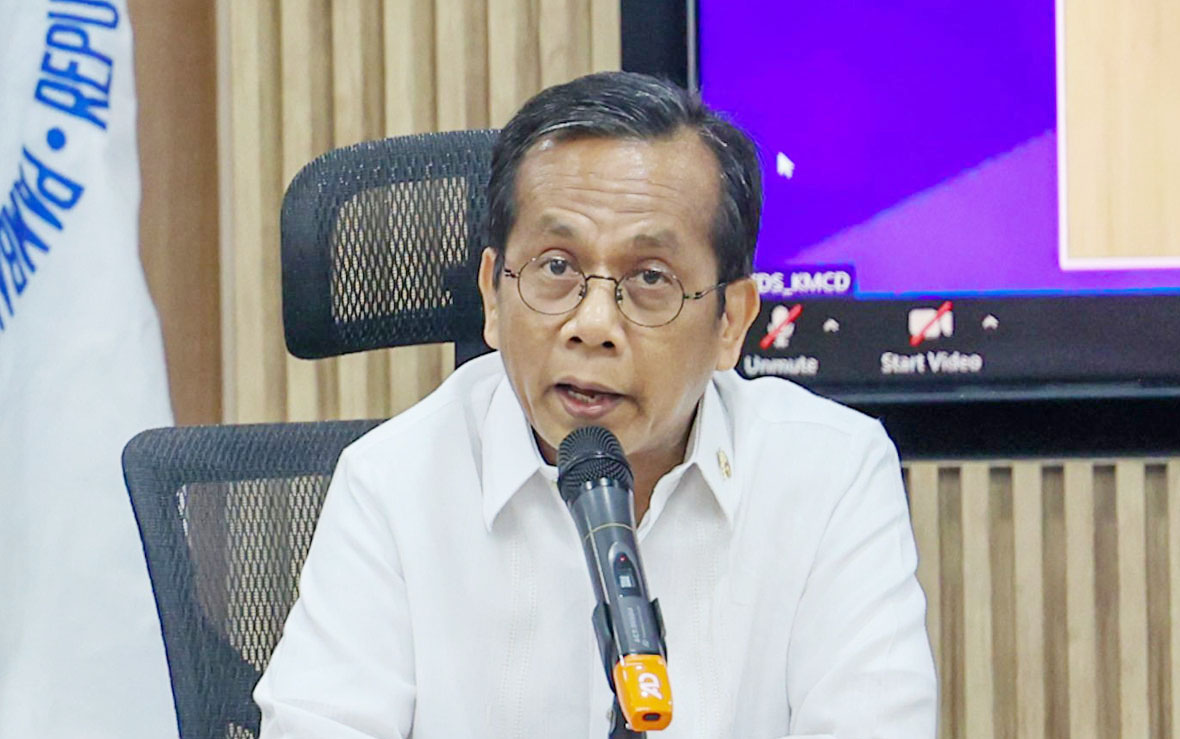KASABAY ng pagsusulong sa ratipikasyon ng Regional Comprehensive Economic Partnership (RCEP) ay kumpiyansa si National Economic Development Authority (NEDA) Director-General Arsenio Balisacan na matutugunan nito ang matagal nang isyu sa sektor ng agrikultura at paghihikayat sa pamumuhunan.
Sinabi ni Balisacan sa briefing sa Malacanang na ang pagpapatibay sa mega trade deal ay makatutulong sa sektor ng agrikultura upang maging competent at produktibo.
“It must be ratified. The future of our country depends so much on our ability to attract investors, particularly foreign capital because the domestic capital is not enough… By being a member, we are saying to the world that we are ready for business, we play the rules of the game well, and your investments are safe with us,” paliwanag ni Balisacan.
Isinantabi rin ng socioeconomic planning secretary ang mga kritisismo sa free trade agreement.
“With regards to the allegation that the agricultural sector will be hurt, there’s no truth to that… whether or not there is RCEP, we need to invest in agriculture. Kinakailangan nating ma-address ‘yung mga concerns,” ani Balisacan.
“’Yung mga problema ngayon ng agriculture has nothing to do with RCEP. The problems were outcomes of past neglects of the sector,” pagdiriin ng NEDA chief.
Ayon kay Balisacan, sa pamamagitan ng pagratipika ng RCEP, “lalo pang mabibigyang pansin ang agrikultura dahil lubos na mapakinabangan ang mga benepisyong maibibigay ng RCEP.”
Ang RCEP ay isang free trade agreement (FTA) sa pagitan ng sampung miyembro ng Association of Southeast Asian Nations (ASEAN) at ng limang FTA partners nito gaya ng Australia, China, Japan, New Zealand at Republic of Korea.
Nauna nang sinabi ni Pangulong Ferdinand R. Marcos Jr. na makakabuti ang RCEP para sa bansa dahil sa pagtaas ng kalakalan na idudulot nito sa iba’t ibang miyembrong ekonomiya.
Ang Pilipinas ay patuloy na magpapalaki ng pamumuhunan nito sa agricultural value chain upang gawin itong mas competent, ayon sa Punong Ehekutibo. EVELYN QUIROZ

